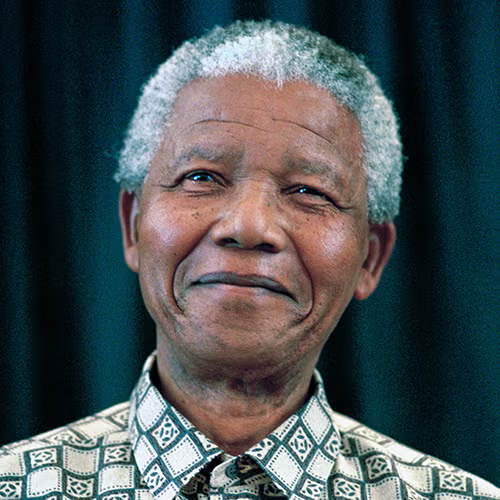Aquerent’s view of the emerging world order. The relevance of the political wrangling in the Middle East region to the shaping of the emerging world order cannot be over-emphasized.
The enlightened ones continue to follow the socio-political developments in this region.
One thing is becoming clearer, the emerging world order may eventually be significantly different to the one that experts have been predicting over the years.
Middle Eastern Actors Unpacked
Since late 2017, the Israeli Air Forces have been carrying out successful air raids within Syrian territory, destroying important military facilities and advanced scientific incubation centres, and killing some Iranian military personnel in the process, as recently as January 2018.
Not a single noise from the Kremlin, the Russian Foreign Ministry the Russian Air Forces or Russian Aerospace Defense Forces.
That Israel will launch another attack on Syria soon, is as sure as the sun rising tomorrow.
So, why this noise about the US-led attack by the Russian authority?
Israel is silently doing far more damage unabated by the Russians, and consistently than the Americans could ever think of doing and yet no dust is rising and no media coverage.
Don’t get me wrong, Israel has the right to exercise its own strategic long-term national defence and so, do the Russians, the West and the US but the selective choice of event coverage in the Middle East and Syria is very concerning.
The thought of World War 3 is very naive. So much is at stake for all the parties involved, let alone, the possibility of mutual destruction by the big players.
Believe it or not, the wounds sustained during World War 2 are still festering in some quarters, making it very unlikely that the military powers would cross the identified and needed Rubicon.
Deciphering the Fate of the Emerging World Order
Two outcomes are inevitable in the emerging world order. Arguably, I repeat China may never assume the role of the undisputed World Superpower.
I see a repeat of the 1980s Japanese fate because it is easier to usurp economic strength than military strength. America has been doing that for decades now.
One thing is to establish parallel International Financial and Development Institutions, it is another thing for the institutions to secure global legitimacy.
Securing long-term global legitimacy goes beyond the capability to grant loans and structure national development bonds.
Second, Africa may become the fortunate beneficiary of the emerging global political dynamics.
For example, China pumping development funds into Africa under less stringent conditions and the West may continue to relax its economic nozzle on Africa’s economies, to dampen the Russo-Chinese influence on Africa.
I am not convinced, that the Russo-Chinese alliance is winning the battle, and they may eventually lose the battle, at least in Africa, due to one main factor – Continental Political Aversion.
Their strategy does not seem to appreciate the need to have a say in who controls national powers in African countries.
Even if they wake up to this reality, do they have the mechanism and willpower to match the proven West’s sustained inculcation and continental political machinery?
I doubt.
Whichever way it goes, Africa will be the better for it.
How much Africa benefits from this interplay of global dynamics will depend on the quality of the leaders that we elect into political offices.
You only need to look at African countries such as Botswana, Seychelles and Rwanda, among others, to see that Africa can work if we work hard at getting the right people into our positions of power.
https://www.cfr.org/report/perspectives-changing-world-order
A Querent’s View of the Emerging World Order





















































































